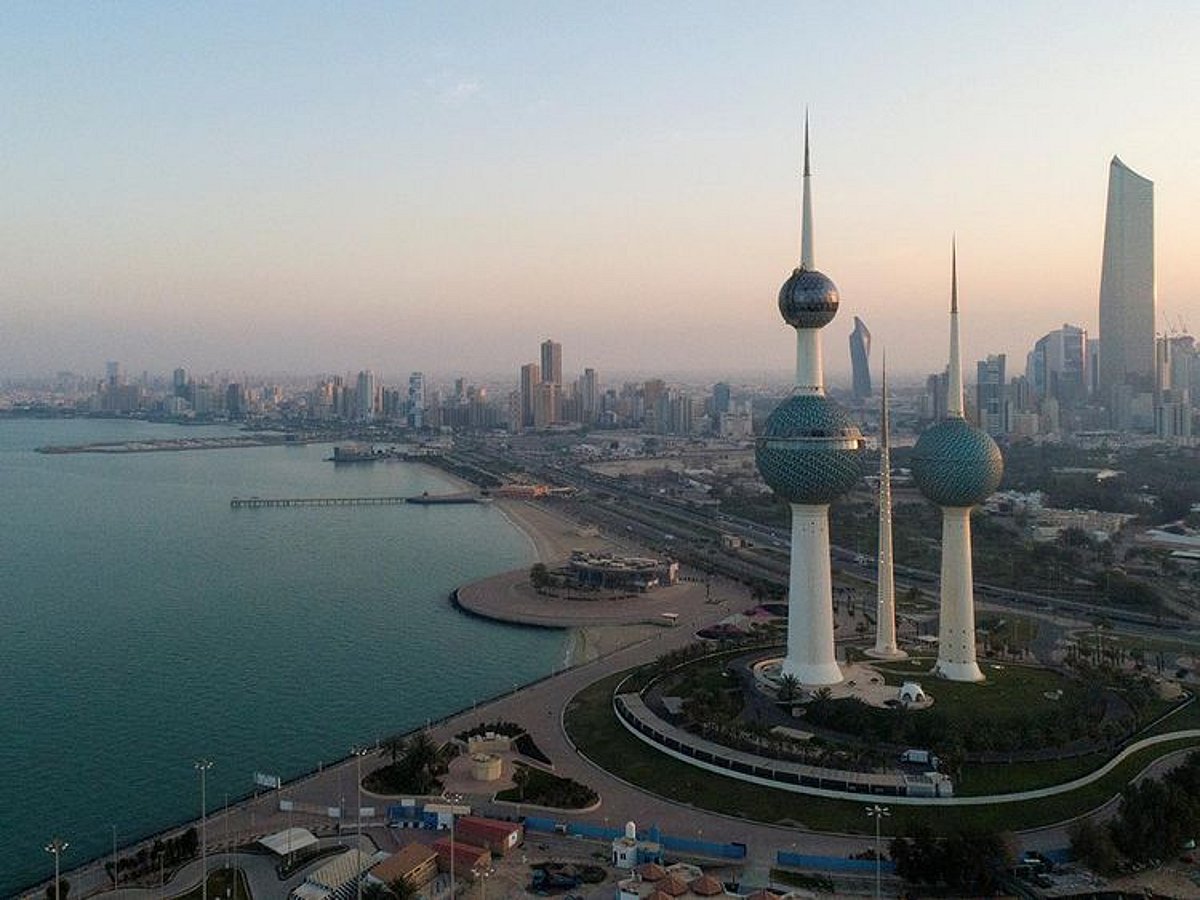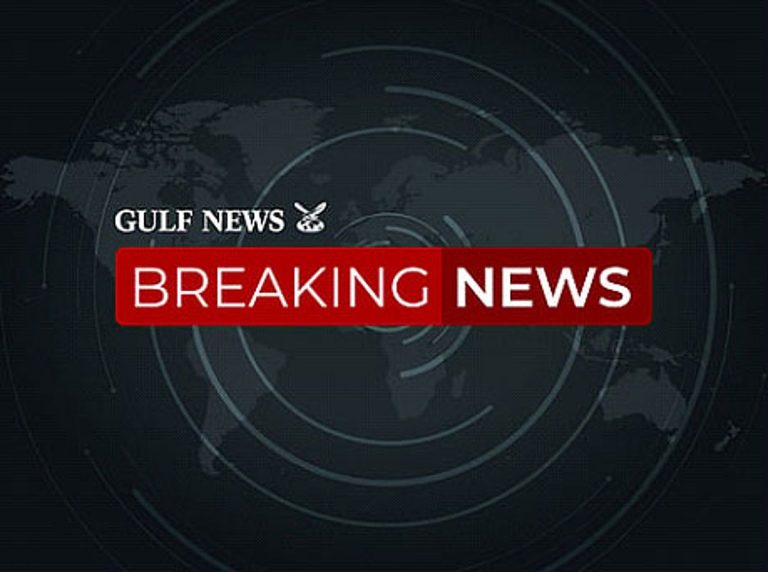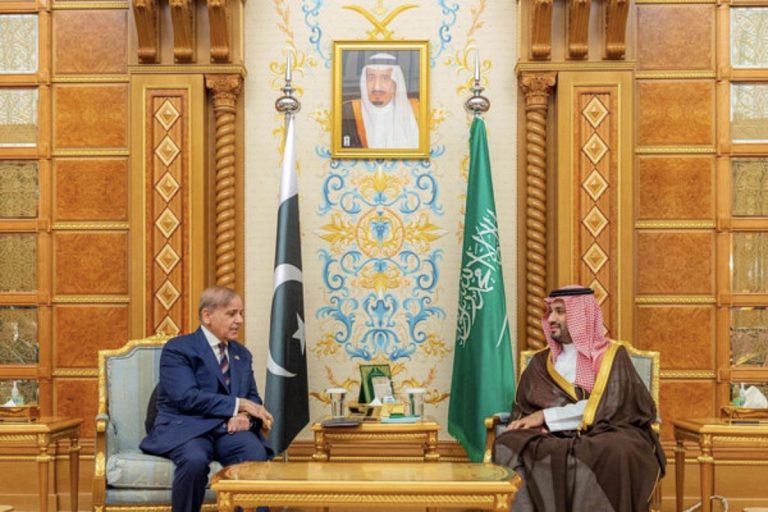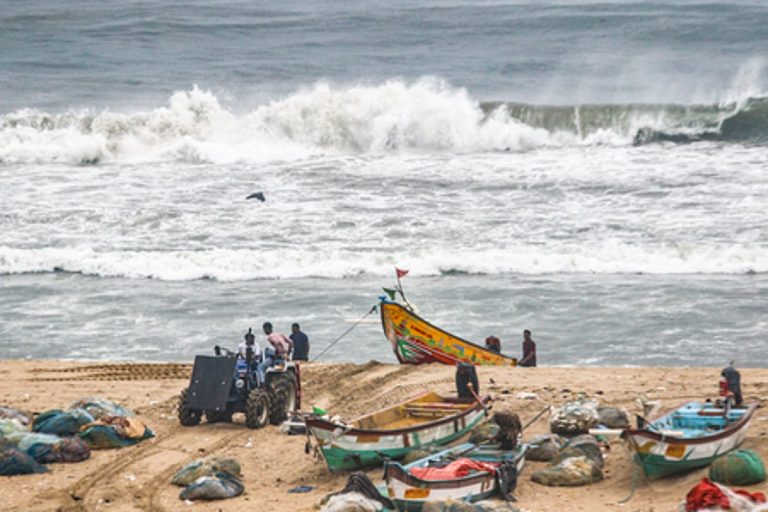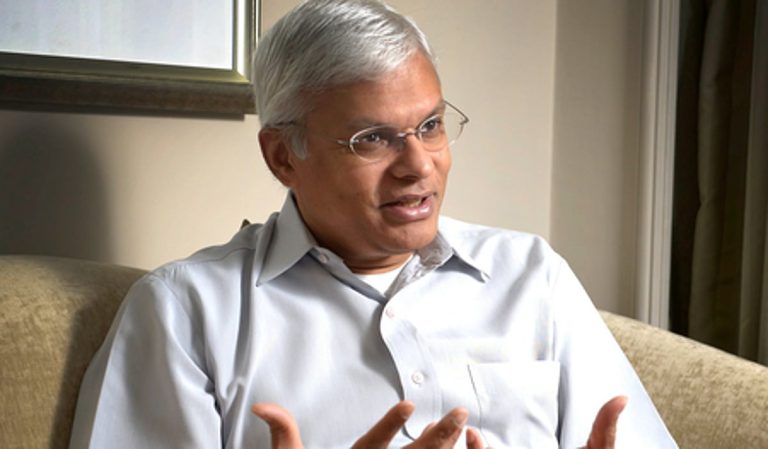Kuwait Enforces New Mosque Surveillance Camera Regulations
Kuwait’s Ministry of Awqaf and Islamic Affairs has introduced new regulations concerning the installation and management of surveillance cameras in mosques. This initiative aims to enhance the safety of worshippers and protect mosque facilities while ensuring that all surveillance activities are conducted under strict governmental oversight.
New Directive Details
The Ministry’s official circular, which has been disseminated to all imams and muezzins, clearly states that no individual or organization is allowed to install or operate surveillance cameras in mosques without prior approval from the Ministry. This directive is part of a broader effort to standardize operations within mosques and ensure transparency in their management.
Conditions for Surveillance Installation
Under the new regulations, unauthorized installations are strictly prohibited. Any offers to donate surveillance equipment must be reported to the Ministry before any installation takes place. Furthermore, existing surveillance systems that have not received official approval must be disclosed immediately to the authorities. Failure to comply with these regulations could result in legal accountability for the imams and muezzins involved.
Purpose of the Regulations
The Ministry emphasizes that these measures are designed to protect the sanctity of mosques and ensure the safety of worshippers. By centralizing control over surveillance systems, the Ministry aims to maintain a secure environment while adhering to Kuwait’s laws and regulations.
FAQs
Why has Kuwait implemented these new surveillance regulations?
The regulations are intended to enhance the safety of worshippers and protect mosque facilities while ensuring that all surveillance systems are managed under strict governmental oversight.
What are the consequences of installing cameras without approval?
Imams and muezzins could face legal accountability if they fail to report unauthorized surveillance systems, which could lead to penalties or other legal actions.
How should donations of surveillance equipment be handled?
Any offers to donate surveillance cameras must be reported to the Ministry prior to installation to ensure compliance with the new regulations.
Conclusion
Kuwait’s Ministry of Awqaf and Islamic Affairs has taken significant steps to regulate surveillance in mosques, emphasizing safety and transparency. Moving forward, all mosque officials must adhere to these guidelines to avoid legal repercussions and ensure the protection of worshippers and facilities.
The introduction of these regulations comes amid a growing global trend towards increased surveillance in public spaces, including places of worship. Many countries have implemented similar measures to address security concerns, particularly in light of incidents targeting religious institutions. In Kuwait, the Ministry of Awqaf and Islamic Affairs is responding to both domestic and international calls for enhanced safety protocols, reflecting a commitment to safeguarding the rights and well-being of worshippers.
Kuwait has a rich cultural and religious heritage, with mosques serving as central community hubs for prayer, education, and social gatherings. The new surveillance regulations are intended not only to protect these spaces but also to foster a sense of trust among worshippers. By ensuring that surveillance practices are transparent and regulated, the Ministry aims to reassure the public that their privacy and dignity will be respected while maintaining security.
The Ministry’s decision to centralize control over surveillance systems also aligns with broader governmental efforts to enhance public safety across various sectors. This initiative may lead to further discussions on the balance between security and privacy, as well as the role of technology in religious settings. As the regulations are implemented, it will be important for mosque officials to engage with their communities, educating them about the purpose of the surveillance measures and addressing any concerns that may arise. This proactive approach could help foster a collaborative environment where safety and community values coexist harmoniously.
Also Read:
Winter Camping Guidelines and Safety Tips for UAE

